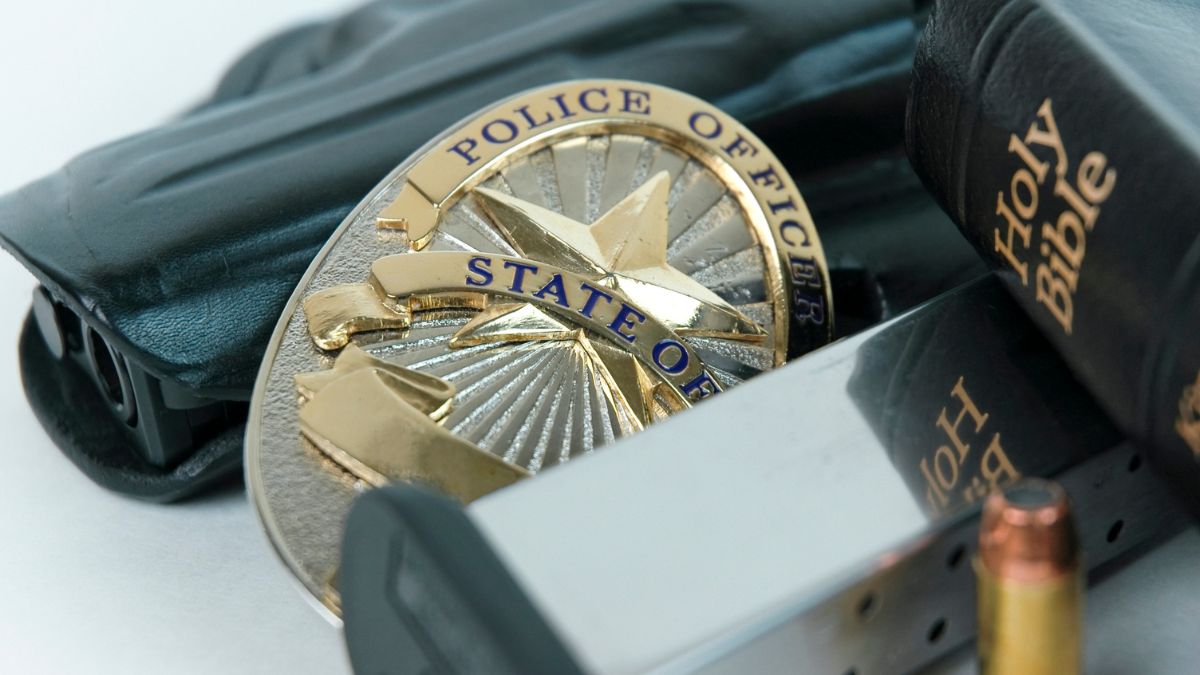What is a Peace Officer?
A peace officer is a law enforcement officer who is responsible for maintaining public safety and enforcing laws within their jurisdiction. Peace officers can be employed at the federal, state, or local level and may include police officers, sheriff’s deputies, constables, park rangers, and other law enforcement officials.
Peace officers have the authority to make arrests, conduct searches, and use force when necessary to protect themselves or others. They are also responsible for investigating crimes, enforcing traffic laws, responding to emergencies, and providing assistance to the public.
The specific duties and powers of a peace officer can vary depending on the jurisdiction, but they are typically granted certain legal authorities and immunities in the course of their duties. They are expected to uphold the law impartially and with respect for the rights of all individuals.
What are the duties of a peace officer?
The specific duties of a peace officer can vary depending on their jurisdiction, but generally, they are responsible for maintaining public safety and enforcing laws. Some common duties of a peace officer may include:
- Protecting the public
A peace officer’s primary duty is to protect the public from harm. They patrol communities, respond to emergency calls, and investigate crimes to ensure public safety. - Enforcing laws
Peace officers are responsible for enforcing local, state, and federal laws. They may issue citations or make arrests for violations of criminal and traffic laws. - Maintaining order
Peace officers help maintain order in the community by responding to disturbances, preventing crime, and diffusing potentially volatile situations. - Investigating crimes
Peace officers are responsible for investigating crimes, collecting evidence, and interviewing witnesses. They work with prosecutors and other law enforcement agencies to bring criminals to justice. - Providing assistance
Peace officers often provide assistance to the public, such as helping stranded motorists or providing information about community resources. - Testifying in court
Peace officers may be required to testify in court about their investigations, arrests, and other law enforcement activities. - Community outreach
Many peace officers participate in community outreach programs to build positive relationships with the public and promote safety.
Overall, a peace officer’s duties are focused on protecting the public and enforcing the law to ensure that communities remain safe and orderly.
What are the requirements of a peace officer?
The requirements to become a peace officer can vary depending on the jurisdiction, but generally, candidates must meet certain qualifications to be considered for the position. Some common requirements for becoming a peace officer include:
- Education
Most jurisdictions require peace officers to have a high school diploma or equivalent. Some may require a college degree, particularly for federal or specialized law enforcement positions. - Age
Candidates must be at least 18-21 years old to become a peace officer, depending on the jurisdiction. - Citizenship
Candidates must be a citizen or permanent resident of the country in which they wish to serve as a peace officer. - Physical fitness
Peace officers must be in good physical condition and pass a physical fitness test. - Background check
Candidates must pass a comprehensive background check, including criminal history, credit history, and drug screening. - Training
Peace officers must complete a rigorous training program, which may include classroom instruction, firearms training, defensive tactics, and scenario-based training. - Licensing
Most jurisdictions require peace officers to be licensed or certified before they can perform law enforcement duties. - Personal qualities
Peace officers must have good judgment, communication skills, and the ability to work effectively in stressful situations. They must also have a strong sense of ethics and respect for the law.
Overall, becoming a peace officer requires a combination of education, physical fitness, and personal qualities that are essential for performing the duties of the job effectively and responsibly.
